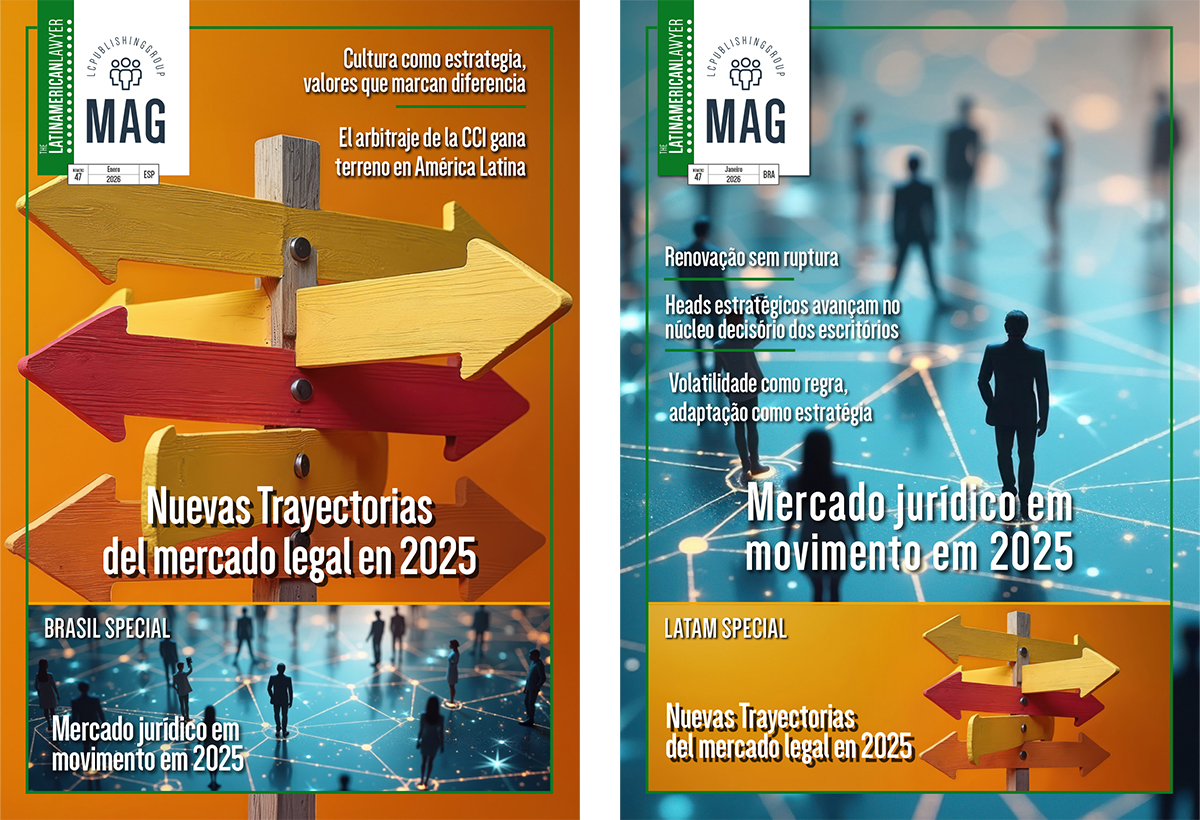M&A activity soaring, but lawyers face pressure from more demanding clients
Data shows that some leading Latin American firms have advised on 50% more deals in 2018, but with foreign investors demanding greater levels of service from legal advisers, some firms are struggling to cope
A surge in M&A activity in Latin America is generating considerable opportunities for corporate lawyers in the region as foreign investors take advantage of government reforms aimed at making investment more attractive. However, such clients are placing increasing pressure on the legal advisers in big-ticket deals as they demand higher levels of service when completing what are often very complex transactions.
Data published by Mergermarket shows deal-making in Latin America jumped 62.3 per cent in the first half of 2018. Total deal value for the period stood at $45.6 billion, up from $28.1 billion in the same period in 2017. Brazil and Mexico were the jurisdictions that experienced the most M&A activity, says Francisco J. Cerezo, partner and US head of Latin America corporate at DLA Piper. He adds that there has also been significant activity in Colombia and Chile as well as in a number of Central American countries and the Caribbean. Cerezo adds the increase in transactions has been due to factors including new government reforms aimed at attracting foreign direct investment, a growing middle class – which increases consumption – in addition to the expansion of major Latin American businesses both regionally and globally.
Brazil, Latin America’s largest economy, was the top country for M&A deals – 128 transactions took place with a total value of $27.2 billion. The Brazilian economy is in recovery, says Fernando Alves Meira, partner and head of M&A at Pinheiro Neto, which advised on 25 per cent more deals in the first half of 2018 compared to the previous year, according to Mergermarket. “Some large deals have already been announced and there are others under negotiation so the pipeline is encouraging,” he says, noting transactions involving publicly-traded companies have increased, as has the complexity of deals. Meira adds that deals are being driven by a diverse range of investors: “We see Asian—primarily Chinese—and European investors pursuing growth opportunities in Brazil,” he says. “US investors are also present, but participation is at lower than historical levels – sovereign funds and private equity firms are also important players.”
Private equity firms, both from the US and Europe, are making a significant number of acquisitions in Latin America, according to Cerezo. He says Latin America-based family groups and their subsidiary companies are continuing to expand, further fuelling M&A activity. “Many of these groups have outgrown their home markets and have aggressively expanded regionally and globally,” Cerezo explains. “Their appetite for growth, in some instances effectively acting as private equity firms, is a trend that is significantly impacting the M&A market in Latin America.”
Hedge funds driving deals
In Mexico, private equity and hedge funds are driving transactional activity, says Iker Arriola, partner at Creel, García-Cuéllar, Aiza y Enríquez in Mexico City, a firm that, year-on-year advised on 29 per cent more deals in the first half of 2018. He adds that US, Canadian and Asian funds have shown the most interest in Mexico during 2018. Arriola expects M&A activity in Mexico to increase in the second half of the year, following a relatively small slowing of investment decisions due to uncertainty caused by the Mexican general election earlier this year as well as doubts about the North American Free Trade Agreement (NAFTA).
With the current US administration pushing for changes in international trade, including the renegotiation of NAFTA – which covers Canada, Mexico, and the United States – there are concerns about the potential impact of these changes on the Mexican economy. Manuel Padrón, a partner at Baker McKenzie in Juárez, Mexico, believes it is a positive sign that the governments of Mexico and the United States reached an agreement on NAFTA in August 2018. However, he adds that “a bilateral agreement is insufficient for Mexico”. Padrón says the early signs point to some favourable terms for Mexico, for example, the dropping of the Trump administration’s demand that half of an automobile’s parts must be manufactured in the US. Other conditions that have been negotiated include a proposed rule that states 40 per cent of the vehicle should be manufactured by workers that receive a minimum wage of $16 per hour. With regard to agricultural goods, it seems Mexican products will not be adversely affected by the renegotiation of NAFTA and that standard international trade practices will be continued.
Meanwhile, investors are demanding more from their legal advisers in Latin America, according to Meira, particularly in terms of accountability, availability, consistency, delivery, and team work. He notes that competition for high-end deals in Brazil is fierce and few law firms are able to completely satisfy client needs in highly complex deals. Meanwhile, Cerezo says global clients are also demanding more use of technology and increased global integration of legal advisers.















